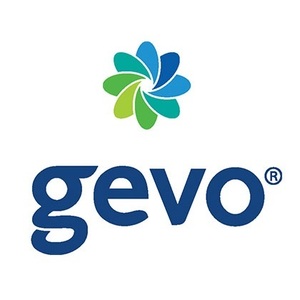Gevo Inc. is pleased to announce on Jan. 31 that it has begun the process of bringing its wholly owned dairy manure-based renewable natural gas (RNG) project online. Located in northwest Iowa, the project is known as Gevo NW Iowa RNG LLC and it is expected to produce approximately 355,000 MMBtu of RNG per year.
“We’re excited to get NW Iowa RNG online, right on schedule,” says Chris Ryan, president and chief operating officer of Gevo, Inc. “Our team here has done a terrific job, creating a facility that will become an example of how renewable energy can work for years to come, and we’re excited to bring our partnership with area farmers to the next stage.”
NW Iowa RNG fits in with Gevo’s business model of exploring ways to use renewable carbon to make the most of energy opportunities by dialing in sustainability and optimizing renewable resources. Because dairy manure left in lagoons and used as fertilizer releases high levels of methane to the atmosphere, there is an opportunity to capture that methane as biogas and refine it to be used as renewable natural gas. Doing so has no impact of the fertilizer and nutrients available, yet creates more options to sustainably manage fertilizers for sustainable farming practices. That kind of smart thinking and waste reduction is a cornerstone of the circular economy at the core of Gevo’s business model.
As Gevo reported in August 2021 , the RNG is expected to be sold into the California market under dispensing agreements BP has in place with Clean Energy Fuels Corp., the largest fueling infrastructure in the U.S. for RNG. The facility is expected to lead to $9 million to $16 million a year of distributions from the project expected to begin in late 2022, or early 2023 depending on the timing of the California Air Resources Board’s (CARB) Low Carbon Fuel Standard (LCFS). It is anticipated that NW Iowa RNG will benefit from environmental product revenues under California’s LCFS program and the U.S. Environmental Protection Agency’s Renewable Fuel Standard program. RNG-fueled vehicles are estimated to result in up to 95 percent lower emissions than those fueled by gasoline or diesel on a lifecycle basis, according to a US Department of Energy study .
“The farmers have demonstrated that they are willing to try something new,” Ryan says. “By creating a renewable energy source that reduces the greenhouse gas footprint of agriculture while providing meaningful renewable energy where its badly needed—that kind of foresight will make a difference in the long term far beyond Northwest Iowa.”
Credit: Source link




